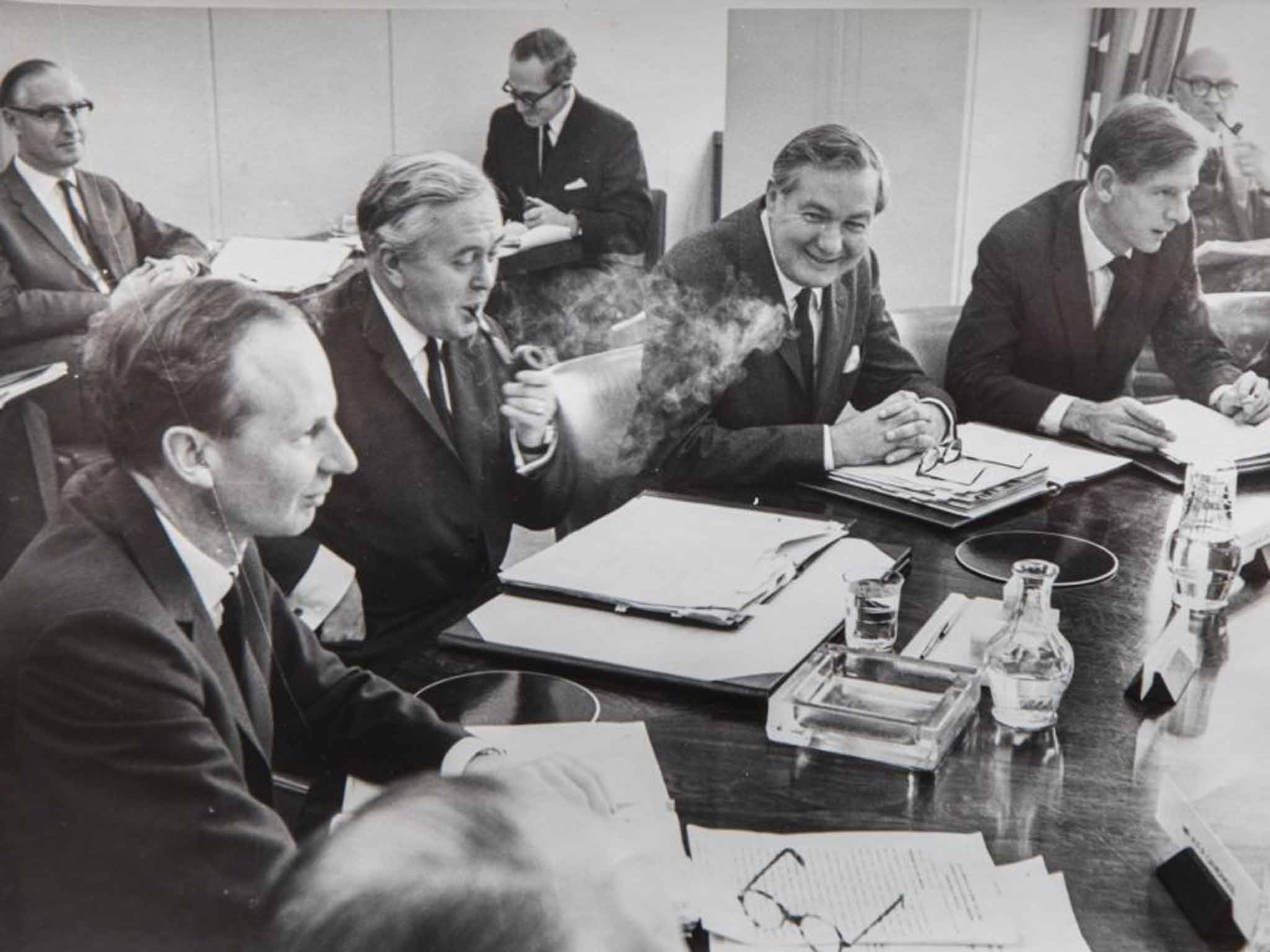Here's how capital controls could soon return to the UK
The first step requires a messy Brexit, an election and a Labour Party victory

Your support helps us to tell the story
From reproductive rights to climate change to Big Tech, The Independent is on the ground when the story is developing. Whether it's investigating the financials of Elon Musk's pro-Trump PAC or producing our latest documentary, 'The A Word', which shines a light on the American women fighting for reproductive rights, we know how important it is to parse out the facts from the messaging.
At such a critical moment in US history, we need reporters on the ground. Your donation allows us to keep sending journalists to speak to both sides of the story.
The Independent is trusted by Americans across the entire political spectrum. And unlike many other quality news outlets, we choose not to lock Americans out of our reporting and analysis with paywalls. We believe quality journalism should be available to everyone, paid for by those who can afford it.
Your support makes all the difference.Could the free flow of capital to and from Britain come to a sudden halt? Could exchange controls be imposed one night with little warning? Fanciful? Not really.
How on earth could this happen? Here is how.
The first step requires a messy Brexit, an election and a Labour Party victory. Not completely out of the question I trust you will agree.
Next, a hard-left dominated Labour Government begins implementing key elements of its manifesto. Nationalisation of the railways first; mail services and public utilities to be determined.
Personal income taxes are raised; various forms of wealth taxes follow.
Foreign owners of UK property are targeted for additional levies. Corporate taxes are increased sharply in one form or another. Shareholders in nationalized enterprises receive newly issued Gilts (UK government bonds) in exchange for their shares. Government determines the value of their shares.
The consequences? UK-bound international investment ceases. UK-based businesses and individuals move money abroad. The UK stock market tanks. Sterling plummets. UK borrowing costs rise. Inflation is forecast. Gilt prices plunge – and with it the value that shareholders in now nationalized enterprises received in forced exchange for their shares.
The Prime Minister calls an emergency session of the cabinet following which he appears in front of Number 10 to announce the following: “Our country,” he explains, “is faced with a crisis. Unscrupulous businesses are transferring abroad the wealth of our Nation – monies that were earned on the backs of the average citizen. The rich who profiteered from a rigged financial system are absconding with their ill-gotten gains.
Once again, the favoured few are plundering the wealth of the people who produced it. I therefore announce that effective midnight tonight all money transfers out of the United Kingdom will be subject to State control. For businesses, prior approval will be required. Violations will be severely punished. Meanwhile, individual UK citizens will be permitted to acquire and carry foreign currency up to a prescribed maximum. These measures will remain in effect as long as is deemed necessary to meet the threat. We will give more details in the days ahead.”
Reaction? Experts forecast doom, gloom and a return to the 1970s. Individuals with short memories and/or those fed up with a system seemingly skewed in favour of the elite, applaud the decisive action – with albeit concern for their European holiday travel.
Meanwhile, interbank trading with UK based institutions grinds to a halt pending answers to the following questions: will the UK domiciled counterparty be able to deliver the countervalue of a trade? Will UK based banks be permitted to repay foreign interbank borrowings? Will fund redemptions by foreign nationals be honoured and transferable abroad? The Bank of England schedules an emergency meeting to discuss.
So, there you have it. A few additional observations. We have been there before. Capital controls generally and exchange controls in particular were a long-time feature of both the UK and individual European countries in the post war period. Just because the generations who oversee today’s capital flows have no personal experience with such regulation does not mean they might not one day have the pleasure.
A second point is that this scenario requires that Britain first leave the EU. Why? Because many of the actions described above would run counter to EU regulation. Hence the ambivalence of many on the far left of the Labour Party to the UK’s membership in the European Union. EU membership imposes constraints on anti-capitalists as well as regulatory burdens on business. Thus it was in the run-up to the Britain’s 1973 accession to the EU that members of Labour’s left wing opposed British membership. Plus ca change…
Robert Jenkins is a member of the Board of Governors of CFA Institute. He served as a member of the Financial Policy Committee of the Bank of England.
Join our commenting forum
Join thought-provoking conversations, follow other Independent readers and see their replies
Comments